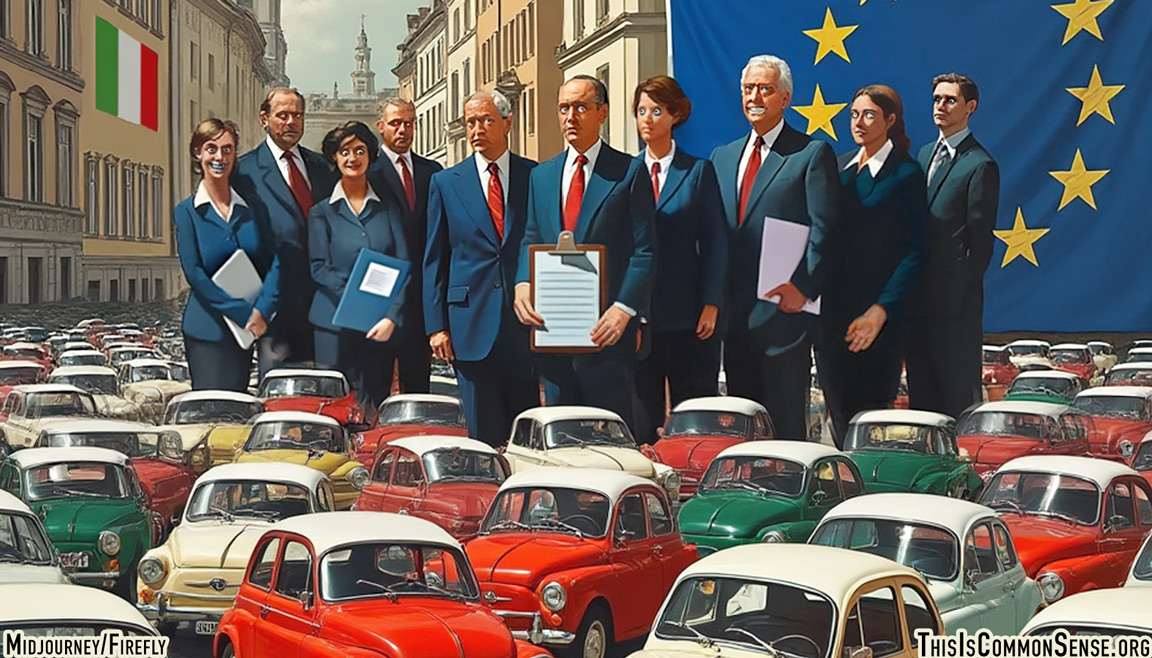Sorry, cows. The planet comes first.
I don’t want to give the wrong impression. No order has been issued requiring Danish farmers to kill their cows. The state is merely requiring that they feed the cows poison.
The purpose of the wonder-additive, Bovaer, produced by a company called Elanco Animal Health, is to limit the methane that cows produce as they digest their food. Then, says Elanco, the amount of methane that the cows emit — by a method too indelicate to mention — will be reduced 30 percent. Elanco must have done some kind of testing to figure this out, I suppose.
What is the point, though? Why does anybody want to accomplish this?
Well, the central planners who mandate such things believe or say they believe that even a smidgen less methane in the air will enable them to fine-tune the global climate thus wise and so and thereby, something something something, a perfect optimization. Well, not perfectly perfect, not until all the bovines everywhere are gobbling Bovaer. Denmark is not the only country pushing the drug though.
Alas, some Danish farmers are being obstreperous, complaining that their cows are getting sick: lethargy, diarrhea, miscarriages, drops in milk production. Etc. Some are even dying as result of the additive.
It is sad. But I’d rather have a few dead cows than a dead planet with nonstop hurricanes and tornadoes. And that’s what’s gonna happen if we don’t find a way to inhibit the cows’ … methane emissions.
This is Common Sense!! I’m Paul Jacob.
Illustration created with NanoBanana and Firefly
See all recent commentary
(simplified and organized)
See recent popular posts









